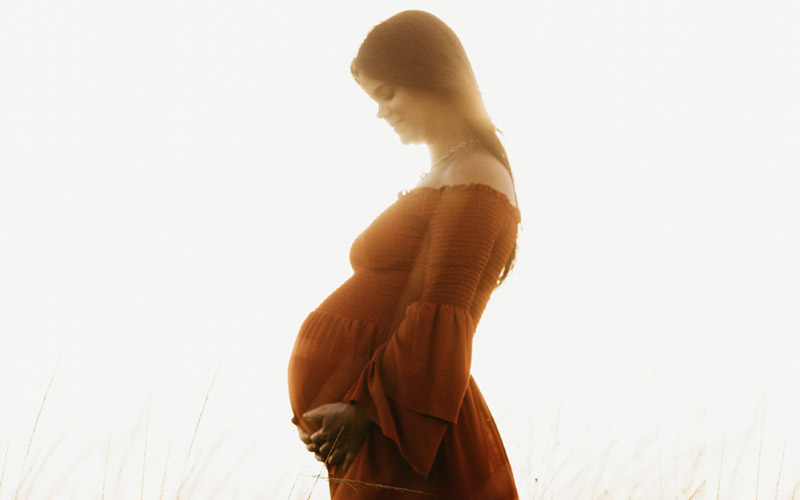The World Health Organization does not recommend Vitamin D supplementation during pregnancy. However, the American College of Obstetrics and Gynecology only recommends supplementation up to 4,000 units daily.
Thirty-one studies were included in the final data analysis with women with low levels of serum 25-Hydroxyvitamin D had: 50% increase in risk of gestational diabetes Higher rates of preeclampsia Higher rates of low birth rates Higher rates of bacterial vaginosis During pregnancy, severe maternal vitamin D deficiency has been associated with biochemical evidence of disordered skeletal homeostasis, congenital rickets, and fractures in the newborn.
Recent evidence suggests that vitamin D deficiency is common during pregnancy especially among high-risk groups, including vegetarians, women with limited sun exposure and ethnic minorities, especially those with darker skin. Newborn vitamin D levels are largely dependent on maternal vitamin D. During pregnancy focus on folic acid supplementation , healthy diet and exercise.
According to the American Pregnancy Association vitamin D is beneficial for your own personal health. Vitamin D now has extensive research supporting its role in immune function, healthy cell division and bone health. Vitamin D is necessary for the absorption and metabolism of calcium and phosphorus. Many studies are finding a connection between low serum vitamin D levels and an increased risk of certain types of cancers, autoimmune disease, neurological disease, insulin resistance, and cardiovascular disease.
ALWAYS CONSULT YOUR PHYSICIAN PRIOR TO USING ANY SUPPLEMENTS OR MEDICATION.
